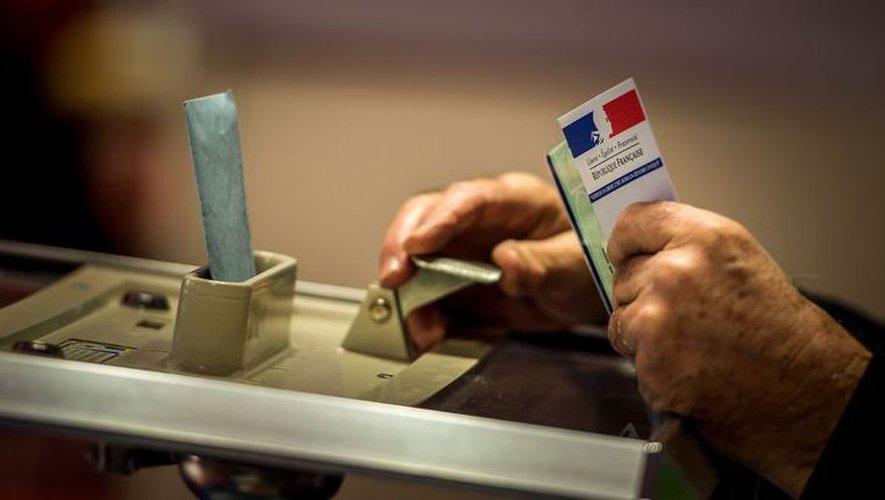Regional and departmental elections: we explain to you why you have to vote this Sunday
According to figures published by the Ministry of the Interior, 66.72% of voters abstained from voting on Sunday in the first round of regional and departmental elections, a record for an election since the start of the Fifth Republic
To (re)mobilize voters, the government has launched a communication campaign aimed at young people, who are particularly abstaining (87% of 18-24 year olds shunned the ballot box on Sunday, and 83% of 25-34 year olds) but it is aimed at all French people. The message is simple: "15 minutes top time to make your voice heard." For the occasion, Marlène Schiappa's teams created 15 visuals and 15 short videos, which will be broadcast on the social networks Instagram, Snapchat, Twitter, Facebook ...
And for those who still doubt the usefulness of voting, La Dépêche reminds you of everything that the people who will be elected in the second round on Sunday are called upon to decide or manage.
Because the department manages your daily life
The Department has four main areas of action in the daily life of its inhabitants: solidarity, education, transport, development and finally a cultural and sporting activity.
Very few young people vote, yet some areas of competence of the departments concern them directly. For education, the Departmental Council builds, maintains and equips the colleges.

For transport, the good condition of departmental roads is one of the institution's skills. And when college students take the bus from home to go to college...it's also a department service.
On the solidarity side, the Departmental Council manages the RSA (Active Solidarity Income) and the APA (Personalized Autonomy Allowance), maternal and child protection (PMI), social assistance for children (ASE) , adoption, creation and management of retirement homes.
For culture, skills are aimed at the creation and management of lending libraries, archives, museums or the protection of heritage.
Because the region is about youth, economy and culture
The regional councilor is elected for six years. Eight major areas of action govern elected officials: transport, secondary education, vocational training, apprenticeship and work-study programs, economic development, tourism, regional planning, culture and program management. Europeans.
One of the competences of the Region is the management of transport on its territory. This concerns certain infrastructures such as public bus stations, certain ports and airports, but also certain public transport, such as TER and Transilien, school transport (from kindergarten to high school) and interurban transport and regular maritime transport to the French islands. . Mobility and transport constitute the main item of expenditure for the Regions.
The region is responsible for the construction, maintenance and operation of high schools for general education, vocational education and agricultural education establishments. But also to vocational training, health and social training and apprenticeship policies.
And for students wishing to study abroad, the region can help them with funding. In Occitania, for example, via ERASMUS+, the region can help young people finance their education outside the country.
For culture, the Regional Council must protect heritage, but also manage regional museums and the regional fund for contemporary art.
And the economy and innovation are also taken care of at the regional level, particularly with tourism. The institution defines development objectives and coordinates promotional initiatives, and it must ensure the protection of regional natural parks.
Because if you don't agree, you still have the blank vote
In Occitania, there are three lists left for the second round. And if none suits you, there is always the possibility of voting blank. The important thing is to vote.
According to a survey by the Ifop Institute for Sud Radio. the French overwhelmingly support the idea of taking the blank vote into account when calculating the election results but are against compulsory voting to combat abstention. 80% say they are in favor of the idea of counting blank votes when calculating election results.










10 Ways to Stay Safe When You Live Alone
Will Belgian workers quit?
Hotels, restaurants: tips paid by credit card will soon be tax-exempt
How to draw a rose: our methods